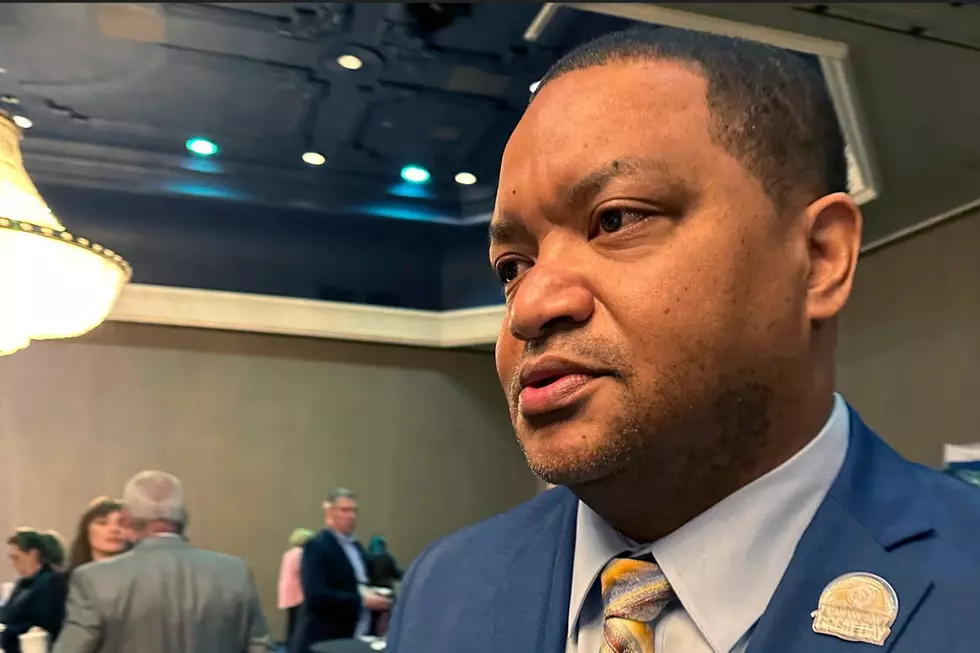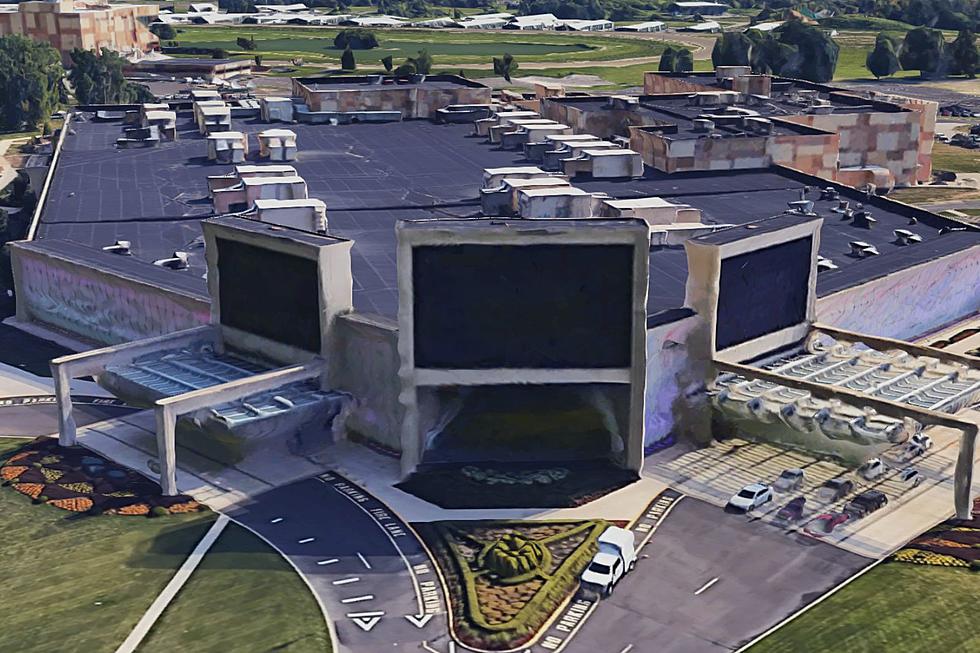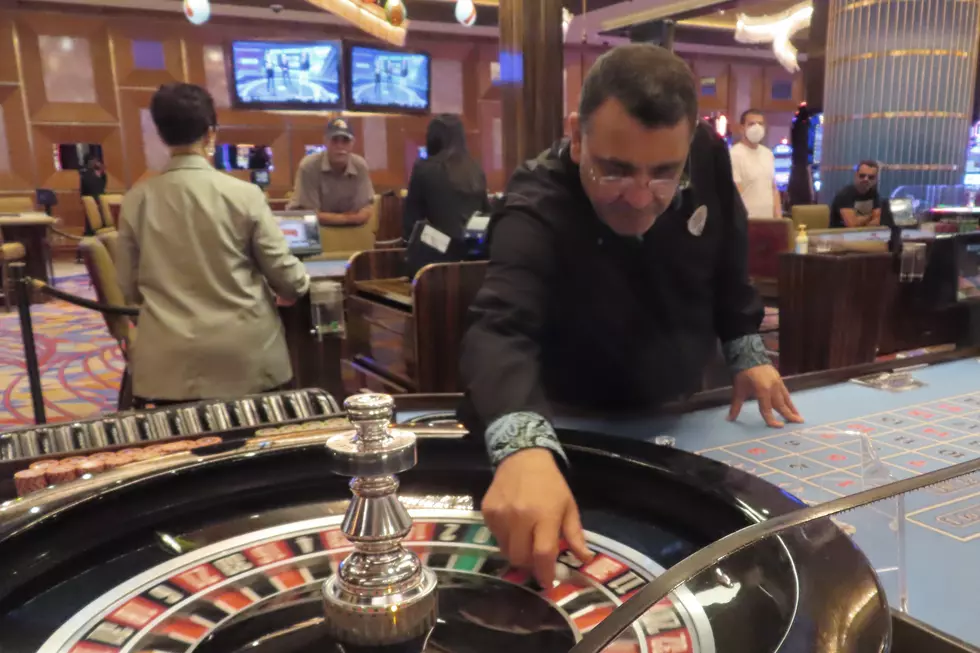
Atlantic City in 2016: Recovery or further contraction?
This struggling East Coast gambling resort made it through a full year without another casino closing in 2015, and crucial developments over the next 12 months could shape its future for years to come.
Among them are stabilizing the city's finances, reopening the former Revel and Showboat casinos (with or without gambling); whether the Trump Taj Mahal is taken over by billionaire Carl Icahn or shut down altogether; the New Jersey debut of the world's largest online poker site; and the most crucial decision of all: whether to allow casinos in northern New Jersey.
MONOPOLY LOST?
No bigger question looms for Atlantic City than whether New Jersey should allow casinos to open in the northern part of the state, which would require a constitutional amendment. Hard Rock International and the Meadowlands Racetrack unveiled plans in June for a $1 billion casino at the East Rutherford sports complex, next to the stadium where the NFL's New York Jets and Giants play, and footwear magnate Paul Fireman has proposed one in Jersey City.
Democrat leaders of the state Senate and Assembly are pushing competing plans for a referendum that differ in terms of who would be allowed to own the two new casinos, and how tax revenue they generate would be divvied up. A bill has to pass early next year with a three-fifths majority, leaving it susceptible to political opposition from Atlantic City-area officials. And that's assuming one of the two houses blinks and agrees to support the other's bill.
If they don't, it will be 2017 before voters could get to weigh in, and Atlantic City's in-state monopoly would last another year. Still to be determined: exactly where the casinos would be and how much tax they would pay.
MONEY, MONEY,MONEY:
Atlantic City's finances have been a mess for years, a situation started by rampant spending and worsened by the shrinking of the casino market, which provided most of the city's taxes. The Legislature passed an Atlantic City financial aid package earlier this month, including a bill that would let casinos pay a set amount of taxes for 15 years in return for not appealing their tax assessments. It awaits action by Gov. Chris Christie, who demanded the changes that were made to it in the Legislature, including having the state to hold $30 million a year in casino tax payments hostage until after the city passes a fiscal recovery plan.
And Atlantic City is trying to fight off a demand from its top casino, the Borgata, that it pay up $62.5 million in tax refunds already ordered by the courts within 30 days -- a move the city says could force it into bankruptcy.
BACK FROM THE DEAD?
While both would have to be considered long shots at this point, two former casinos could reopen in 2016, either as casinos or as non-gambling attractions.
Revel owner Glenn Straub recently cleared the major obstacle to his property reopening by buying the power plant at the heart of a legal war that has helped keep Revel shuttered since September 2014. Straub says he hopes to have something open this year, but he hasn't decided whether it will include a casino; he has talked often of an indoor-outdoor water park there.
And Philadelphia developer Bart Blatstein is due to close his purchase of the former Showboat casino in mid-January. He, too, has not said what form it will take. The former Atlantic Club also could reopen as a non-gambling attraction, though that seems less likely, at least this year.
CRITICAL CONDITION
The fate of the Trump Taj Mahal should become clear this year. The worst-performing of Atlantic City's eight casinos, it has managed to stay open for the past year despite a near-death experience last December, kept afloat by millions from billionaire investor Carl Icahn, who is taking it over from bankruptcy court.
But one crucial hurdle remains: an appeals court decision on whether parent company Trump Entertainment Resorts must reinstate health insurance and pension benefits it eliminated in October 2014. If the panel upholds the move, Icahn would complete the acquisition and become a major presence on the Atlantic City Boardwalk (he already owns the Tropicana). But if the ruling goes against him, he has said he will stop funding the Taj Mahal, forcing it to close.
Last month, Moody's Investors Service predicted that the eight new casinos opening in the Northeast over the next three years will force additional Atlantic City casinos to close. It did not predict how many, but said the bankrupt Taj Mahal, Bally's and Caesars "are already on the brink."
SEEING STARS
PokerStars, the world's largest poker website, will launch in New Jersey in the first half of 2016, partnered with Resorts Casino Hotel. The company could help reinvigorate the state's Internet gambling market, which has been growing at a decent pace after a slow start in its first two years. But laws limiting Internet gambling to players who are physically within New Jersey's borders will blunt some of the impact of PokerStars. It has millions of customers around the world, but only those in New Jersey will be able to gamble here.
(Copyright 2015 The Associated Press. All rights reserved. This material may not be published, broadcast, rewritten or redistributed.)
More From New Jersey 101.5 FM









